Road funding debate begins (again), as lawmakers hear pros and cons of higher taxes – BikePortland
Oregon lawmakers got their first taste of what folks think about the latest attempt to pass a transportation funding package when they hosted a public hearing at the capitol Monday afternoon. Known as Legislative Concept (LC) 2, the package would raise about $6 billion over the next 10 years through a myriad of taxes. That amount represents a striking compromise and pales in comparison to where lawmakers began their journey in early June when the package was valued at nearly $15 billion.
Left on the cutting room floor was funding for popular programs like Safe Routes to School, Oregon Community Paths, the Great Streets program, and funding for jurisdictional transfers or state-owned orphan highways to local road agencies. That’s partly why a coalition of environmental justice, active transportation and land use advocacy groups who are typically very supportive of more transportation spending came out as neutral on the proposal. They don’t like the amount of fee increases for electric car owners and how it doesn’t include dedicated funding for popular safe street, walking and bicycling programs. Indi Namkoong, an advocate with Northeast Portland-based nonprofit Verde, said LC 2 would, “provide temporary life support” for Oregon’s transportation system and acknowledged it would fund much-needed transit services and keep Oregon Department of Transportation (ODOT) jobs in tact. “However, we can’t get around the fact that LC 2 leaves many of our communities’ most pressing needs unaddressed,” Namkoong continued. “Now more than ever, affordable options like transit, walking and biking are a lifeline for us, ensuring we aren’t forced to take on yet another massive new cost in the form of car ownership, which outstrips the payroll tax for most Oregonians many times over.”
Testimony at the hearing was a mixed bag of criticism, support, and opposition.
The sharpest opposition was mostly from people who don’t want to pay more taxes. Some of they also oppose the bill because they feel like ODOT should live within their means, they don’t think biking and public transit are an core function of the state, and that ODOT should not get rewarded for years of mega-project cost overruns and lack of fiscal responsibility.
“Oregon doesn’t have a revenue problem, it has a spending and misallocation problem,” said interior designer and social media influencer Angela Todd of PDX Real. Todd, whose platform reaches thousands of Oregonians a day and is part of a growing conservative, anti-tax, anti-government media ecosystem, accused lawmakers of taking part in a “special interest loop” where state funding is funneled to projects that benefit public unions, “and other groups pouring money into campaigns for bigger government while government turns around and enriches them at the expense of Oregonians.” “That cycle is draining taxpayers,” Todd added. “It’s ruining our state.”
Todd’s concerns are echoed by nearly all Republican lawmakers, who worked together on a very coordinated “No new taxes” campaign in the week leading up to the hearing. Three Republicans who sit on the Joint Interim Committee on Transportation Funding (where Monday’s hearing was hosted) — Representative Shelly Boshart Davis, Senator Daniel Bonham, and Rep. Christine Drazan — used time prior to public testimony to push different approaches to fixing ODOT’s funding problems that they say wouldn’t require new taxes. Boshart Davis asked ODOT staff about transferring funds from capital projects to operations and maintenance (which can be done, but would require a change to state law), Bonham said project labor agreements with unions aren’t worth it and that expenditures like the Climate Protection Program, “creates a slush fund for environmental nonprofits”, and Drazan asked ODOT staff about cutting vacant positions.
While none of those concerns were new to Democrats, who are prepared to pass the package on a party-line vote if necessary, one Republican has emerged as a strong vote in favor of the proposal. Rep. Cyrus Javadi, who represents Oregon’s north coast region, published a subtle yet stinging takedown of his own party’s tactic on his Substack yesterday. Titled, “The roads don’t care about your talking point,” Javadi’s post rebutted Republican talking points and told his constituents that raising taxes is, “the only adult option on the table.”
“Being conservative isn’t about pretending math doesn’t exist,” Javadi wrote, as he invoked conservative icon Ronald Reagan. “It’s about responsibility. It’s about stewardship. It’s about making sure we hand the next generation… a safe road to drive on. Ronald Reagan raised the federal gas tax in 1982. Why? Because he believed in a use tax. You drive, you pay. That’s not socialism. That’s fairness. That’s accountability.”
That stance is music to the ears for Democrats and Governor Tina Kotek. So was the powerful testimony of several ODOT employees who showed up to the hearing in a personal capacity to plead for funding that would save their jobs. ODOT drone pilot and content producer Julie Murray told committee members she has flourished in her role covering emergencies and documenting road conditions. “The agency developed me, molded me into a perfect fit, and the layoff will throw all that away… We are investments worth keeping,” Murray said.
Democratic party leaders and Governor Kotek are likely feeling a bit better about getting this proposal through after Monday’s hearing. They have the backing of mayors from major cities, county commissioners from all over the state, the Oregon Trucking Association, driving advocacy group AAA, and many important stakeholders.
That said, ODOT critics from the left and right have made major gains in the past three months in pounding home grievances about ODOT’s terrible record of fiscal irresponsibility and general lack of accountability. That, combined with a well-organized statewide coalition of safe streets, transit, and active transportation supporters who are eager to boost funding for their needs, should make for many more transportation conversations when the full legislature returns in 2026.
But before that, there is still work to be done in Salem. The special session is slated to begin this Friday and committee members have promised they’ll take more public testimony at future hearings.
Share this content:

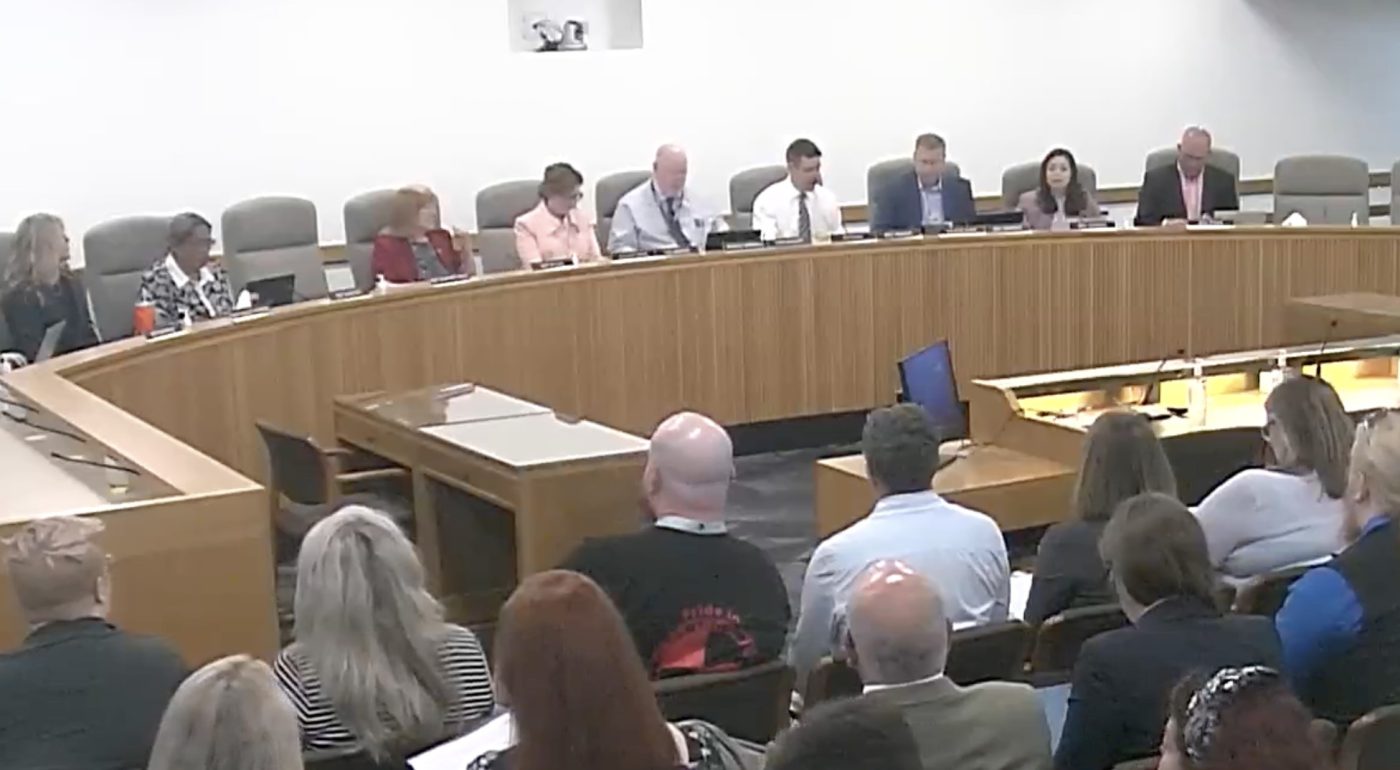

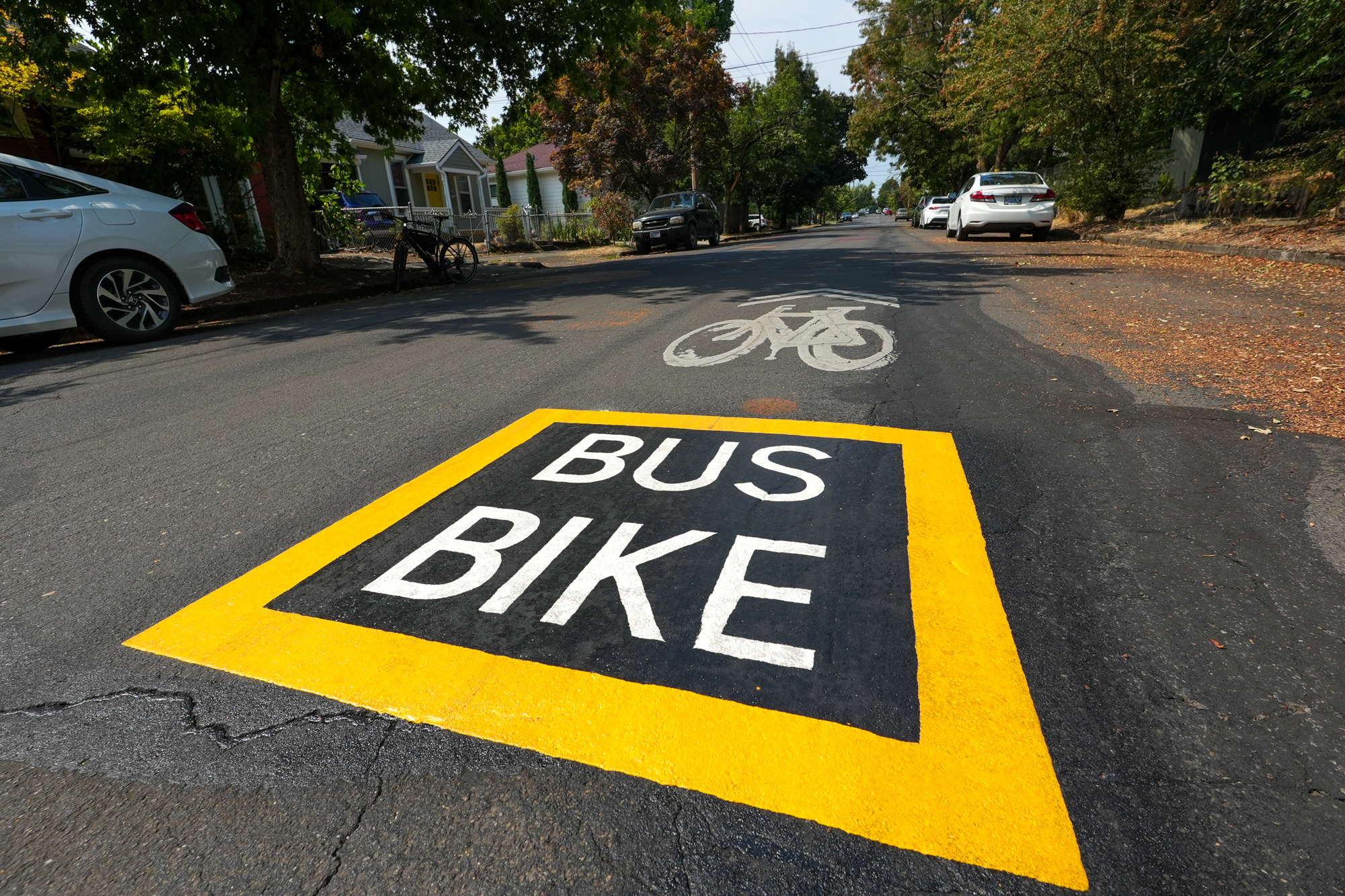


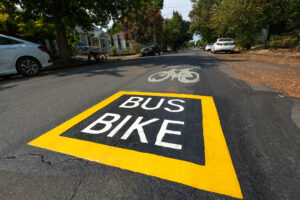

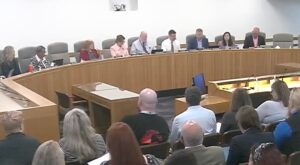






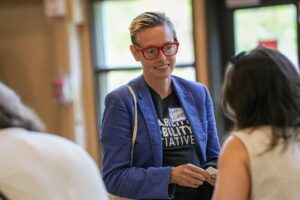
Post Comment